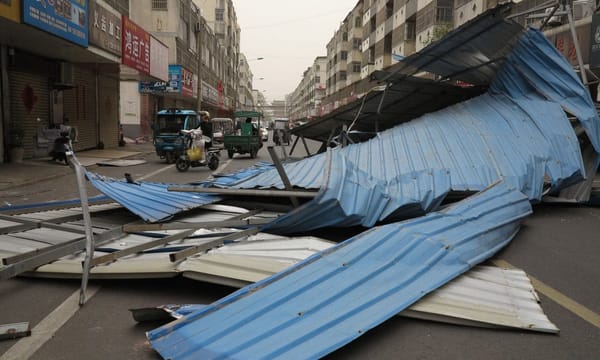Secret Ukrainian resistance group reveals what's really happening under Russian occupation as Trump's peace talks loom
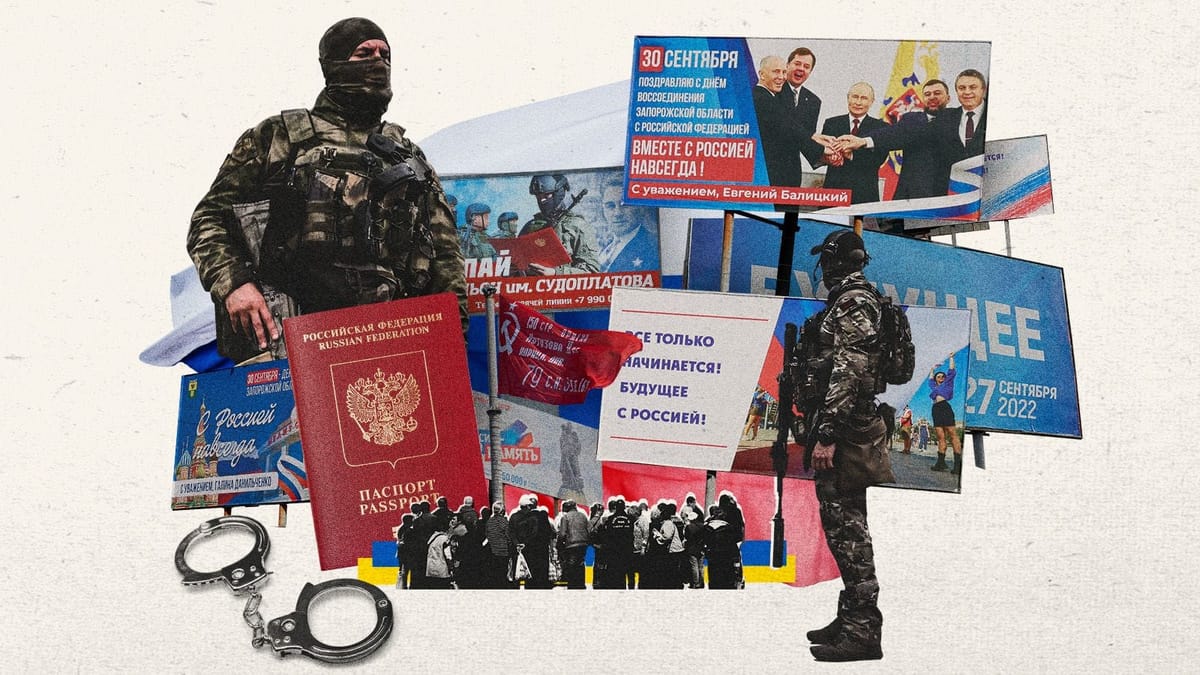
"This is not Russia, and never was, and never will be," declares a member of an all-female Ukrainian resistance group operating in the shadows of Russian occupation.
Life Under Russian Control: A Daily Nightmare
For millions of Ukrainians, the reality of living under Russian occupation has become a terrifying daily existence where even the smallest pro-Ukrainian sentiment can lead to arrest, torture, or worse.
Russian forces currently control nearly one-fifth of Ukraine's territory, home to approximately 6 million people.
Among them are brave individuals like the members of Zla Mavka – which translates as "Angry Mavka," named after a female forest spirit in Ukrainian folklore.
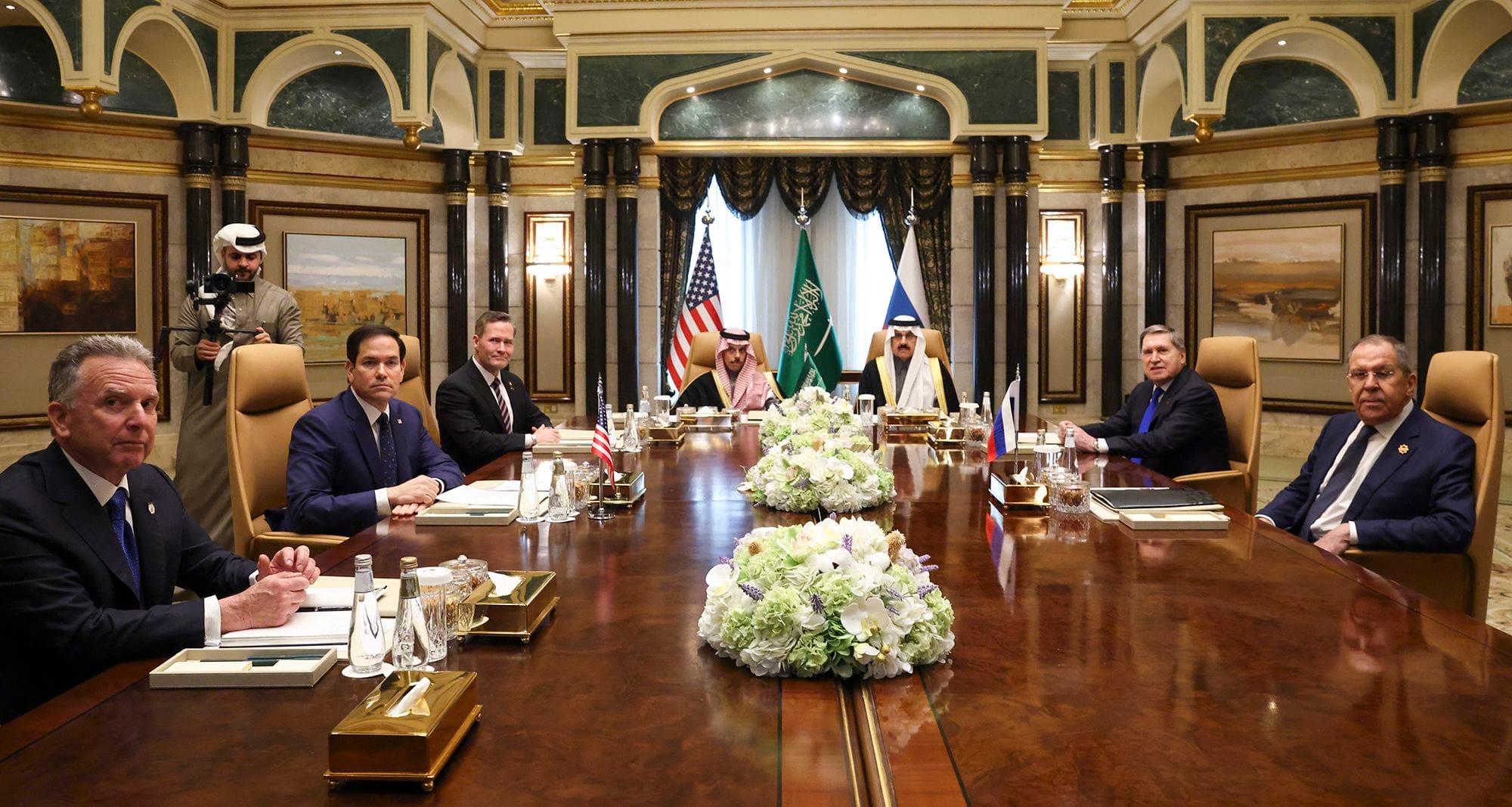
One member, whose identity must remain protected for her safety, describes the constant fear:
"You can be arrested for anything. You have to worry about everything. You have to check your phone, you have to check what you have in your apartment, you have to hide a lot of things, you can't say what you're thinking and you cannot trust anyone."
This non-violent resistance group risks everything by simply maintaining Ukrainian culture and identity in occupied territories.
Trump's Peace Plans Spark Fear
As Donald Trump pushes for peace negotiations that could potentially cede Ukrainian territory to Russia permanently, those living under occupation are watching with growing anxiety.

Trump has made it clear he wants the war to end, even saying it was "unlikely" Ukraine would get all of its pre-war territory back.
"(Russia) took a lot of land, and they fought for that land, and they lost a lot of soldiers," Trump stated recently.
For those on the ground, these words feel like abandonment.
"People abroad always talk about territories, and they forget, maybe, that it's not only about territories. It's about people. And people here are still waiting. People have not moved, and they don't want to move. And why (should) they have to move from their homes?"
Forced "Russification" and Brutal Consequences
Human rights groups report that Moscow has intensified its campaign to "Russify" occupied Ukraine in recent months.
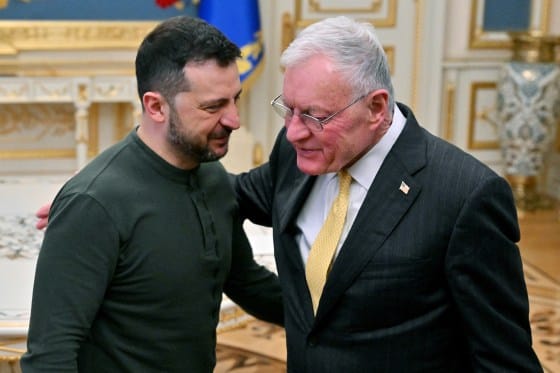
Russian authorities are systematically erasing Ukrainian national identity, religion, and language in occupied areas.
They've staged sham referenda and are forcing locals to become Russian citizens.
Putin recently signed a decree ordering Ukrainians in these areas to adopt Russian citizenship by September or be classified as foreigners with limited rights.
The consequences of resistance are severe, as 22-year-old Stepan discovered.
He and his parents were detained by Russian troops. He was held for two weeks and repeatedly beaten and tortured with electricity. His parents were held for several more months.
"My friends and acquaintances were often taken away because they did not want to get a Russian passport or for not registering for military service. They were taken away and brought back a week later with broken arms and legs, sometime heads," Stepan revealed.

Why They Stay Despite Everything
Despite the horrors, millions of Ukrainians refuse to leave their homes in occupied territories.
Some cannot afford to escape. The journey requires traveling through Russia, then Europe, and back to Ukraine – an expensive and dangerous route.
Others fear "filtration" checkpoints where Russian forces conduct brutal security screenings.
"They're checking everything there... they can just arrest you and deport you to Russia," the Zla Mavka member explained.
But perhaps most powerful is their belief that Ukraine will eventually reclaim these territories.
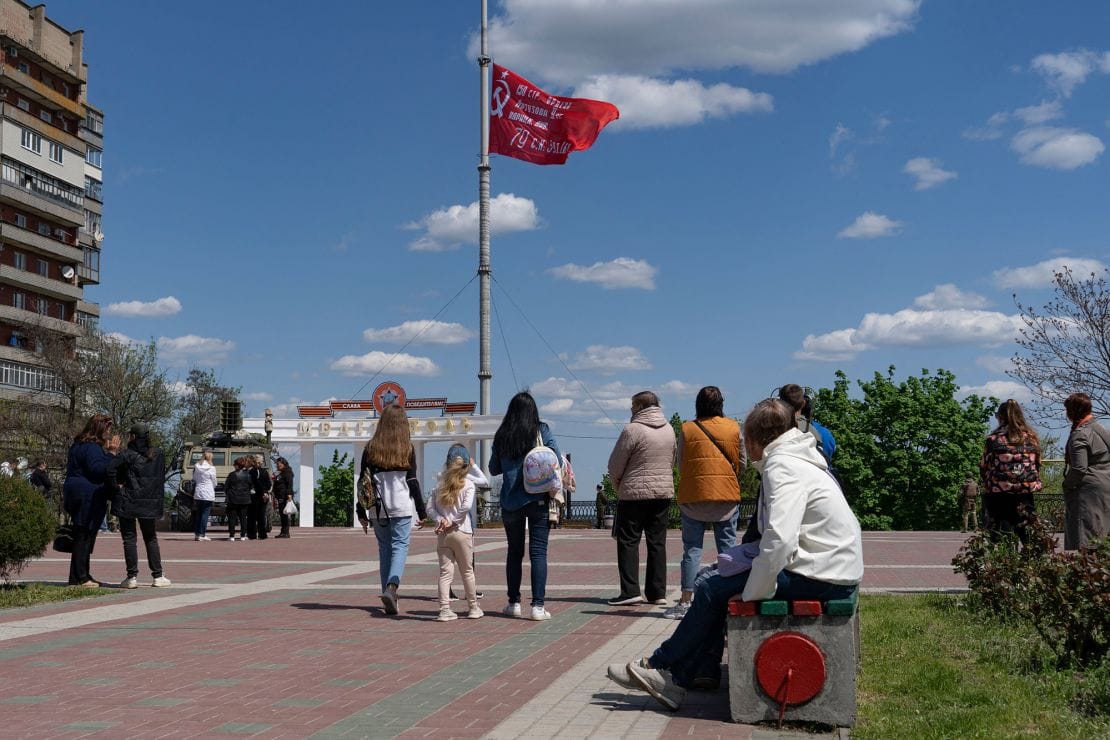
The truth behind why so many Ukrainians remain under occupation is both heartbreaking and inspiring:
"I don't know how to explain the feeling. It's like you just can't believe that evil could win. Even after three years, people can't believe that this is it. They still believe that the occupation will end. That's why they are still staying here and not running away."
As Trump's peace negotiations progress, these Ukrainians watch with dread, fearing their homes might be permanently handed to Russia.
"People are very nervous and they're very afraid to hear about a negotiation, and how our cities will become Russia, this is the biggest fear," the resistance member confessed. "But I can tell you that even if this happens, resistance won't stop."




